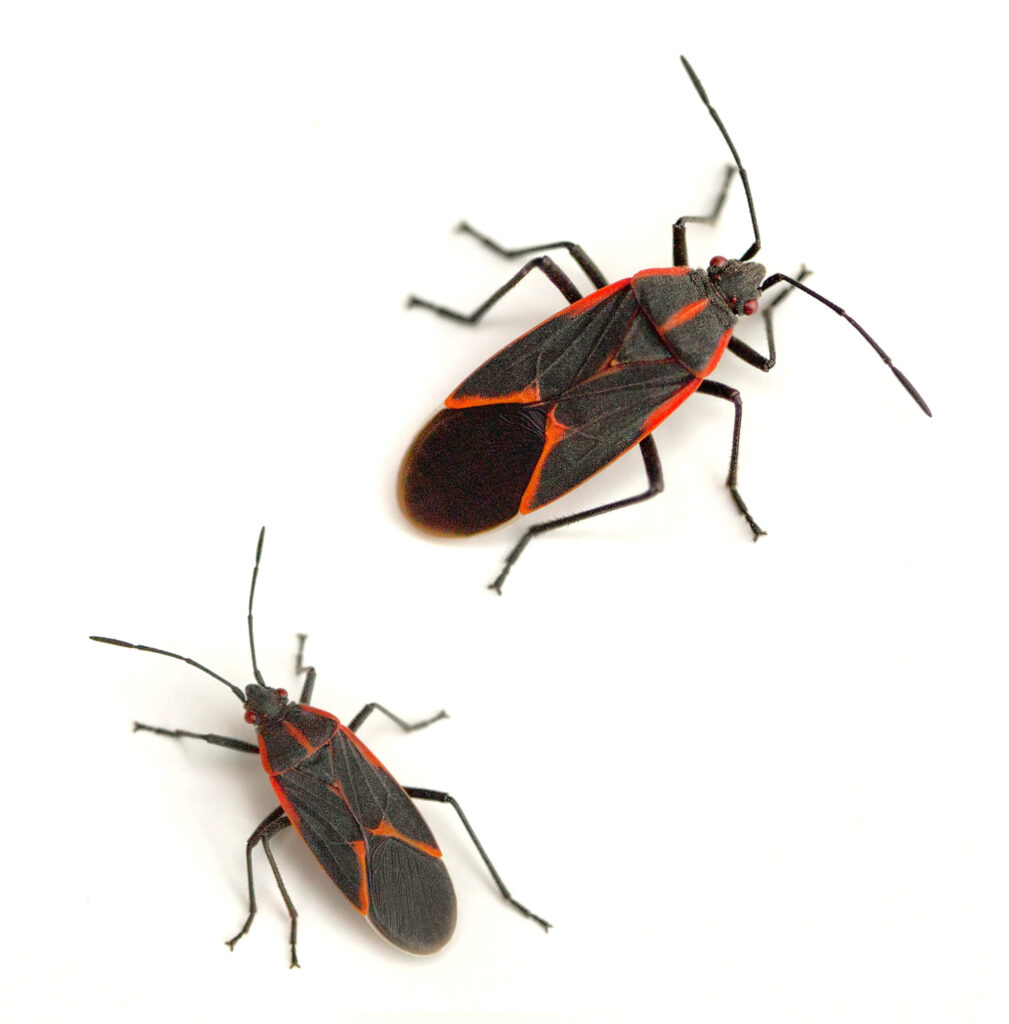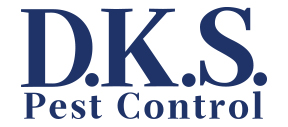Boxelder Bugs: Quick Facts What do they look like? What do they eat? Where do they live? Are they dangerous? How can I prevent a Boxelder Bug infestation? How do I get rid of Boxelder Bugs?

• Get their common name from the fact that they are most often found on or near boxelder trees
• Native to the western United States, but can be found wherever boxelder trees are found
• Primarily considered a nuisance pest
• Usually enter structures such as homes, sheds, and garages to overwinter
• Black with reddish or orange markings on the dorsum (back)
• Approximately ½” long
• 6 legs
• Antennae
• Boxelder bugs eat and reproduce on female seed-bearing boxelder trees
• Also known to occasionally feed on male boxelder trees, as well as some ash, maple, and fruit trees
• Generally found in structures as they overwinter
• Dark secluded areas of your home
• Mostly considered a nuisance pest
• A large amount of dead boxelder bugs may attract dermestid beetles (larder beetles, carpet beetles, etc)
• Seal all holes that may provide a pathway, including window pulleys, door and window frames, and baseboards
• Inspect and seal all electrical outlets, switchboxes, heating vents, and return vents
• Also inspect all lighting fixtures and ceiling fans
• No attempt to kill the bugs should be made once they have entered the home
• It is suggested that a homeowner should wait until after the boxelder bugs leave voluntarily after the winter has ended
• To temporarily control the bugs, you can use a vacuum cleaner to suck them out of the walls. Be sure to change the vacuum back and dispose of it to prevent the boxelders from escaping
• If you suspect an infestation, it is recommended that you contact a licensed pest control specialist. Please call DKS Pest Control at (724) 478-5344.
